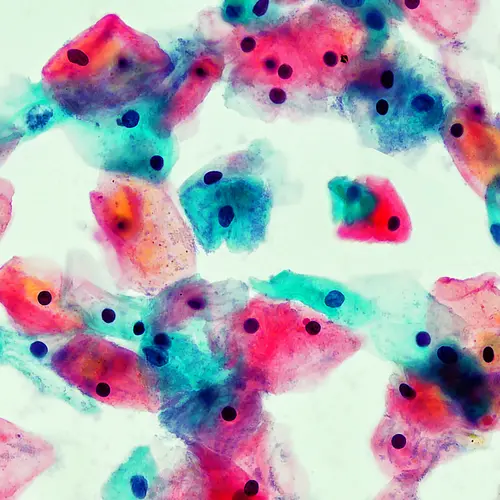Why Is Genomic Testing Performed?

Hide Video Transcript
Video Transcript
SARA TOLANEY
So genomic testing, I think, can be a little bit confusing as to what it actually means. Generally, what we're looking to do is understand what mutations there are in a patient's cancer to know if there may be particular mutations in the genes that are driving the cancer growth so that, potentially, we could figure out what therapies may work best if we understand, again, what's driving the growth. So basically, what it means is that we're looking at the genes in the tumor. And I think it's important to distinguish this from germline genetic testing, where we're trying to understand and if they're genes that maybe a patient has inherited that may predispose them to developing cancer. So it's really two different things. One is trying to understand genes in the tumor, that's the genomic testing that I'm referring to, another is talking about genetic testing, where you're trying to understand what genes may have predisposed you to develop cancer in the first place.
So it used to be that understanding someone's genomics didn't always have therapy implications for a patient. Because many years ago, for instance, we didn't have drugs that would target a particular alteration of the tumor. But now we do have several agents that can target particular genomic alterations, and so they can have therapy implications. If someone has this alteration, it means that the cancer cell is-- that having that mutation is driving that cancer cell to grow. And so if you get a drug that can turn off that pathway that is apparently on overdrive, now you're going to shut down that growth and allow that tumor to die.
So I think that's an example of understanding if someone has a particular genomic alteration to help us make a treatment decision about potential therapy options. I think we're getting a little more advanced in our understanding of genomics and understanding how to interpret these genomic alterations to help us make treatment decisions for our patients.
